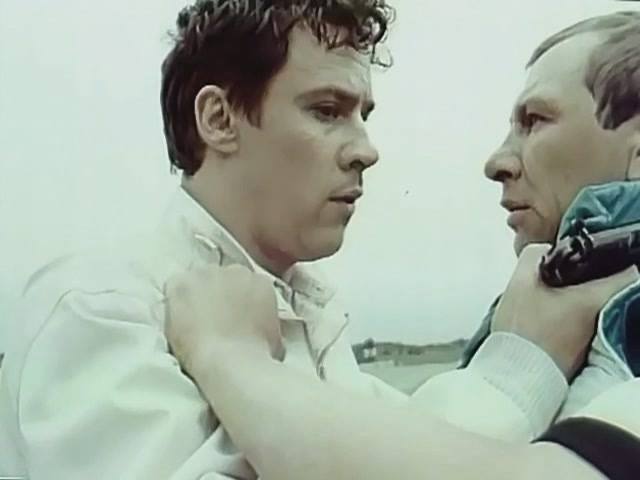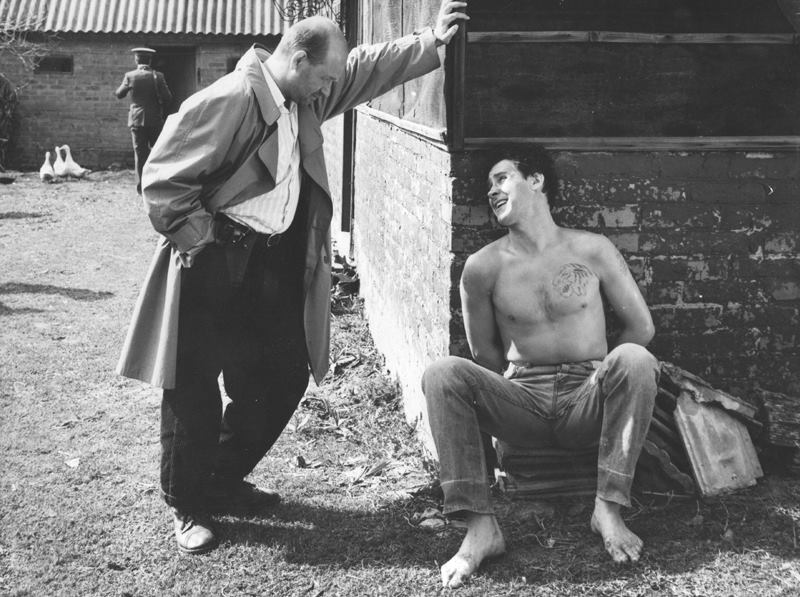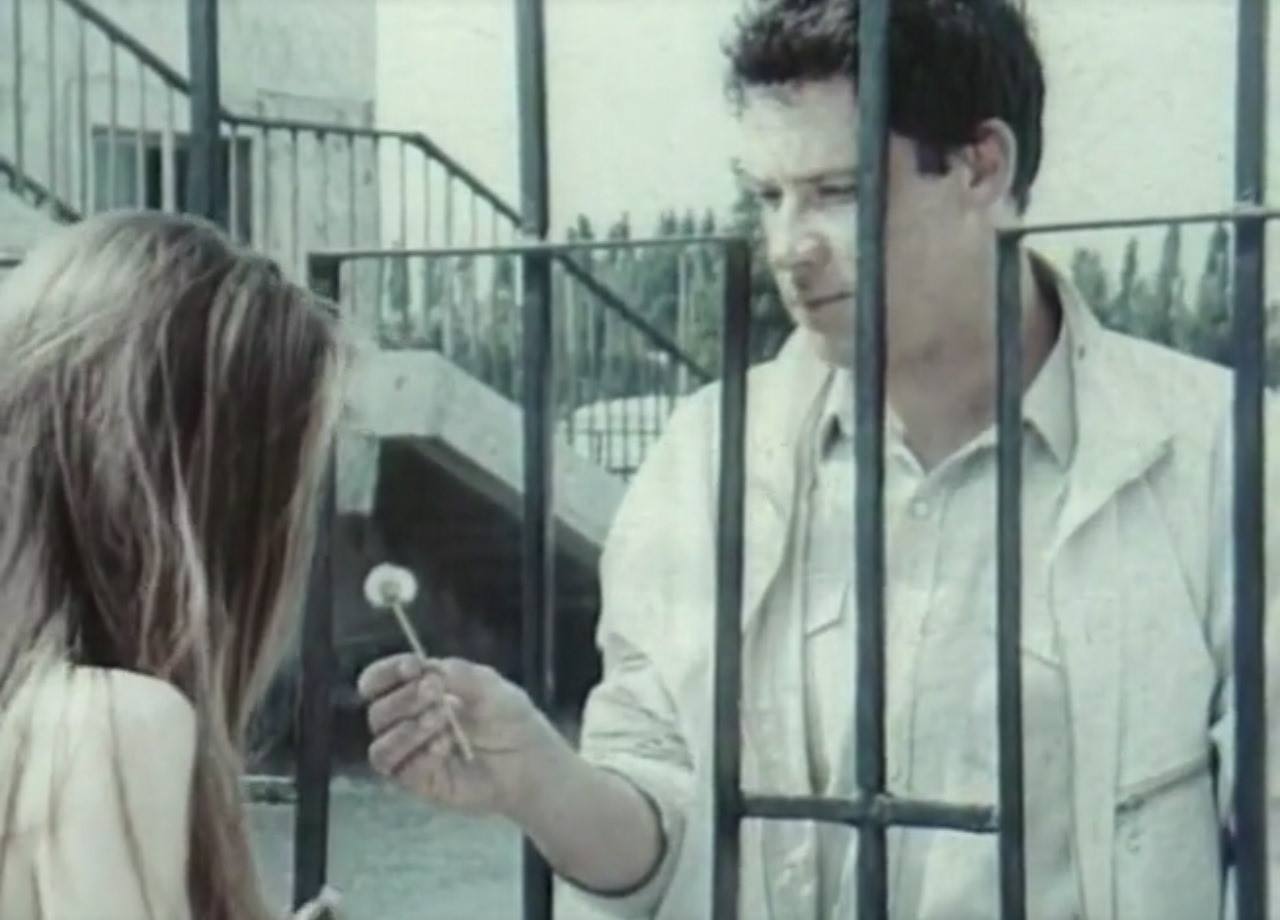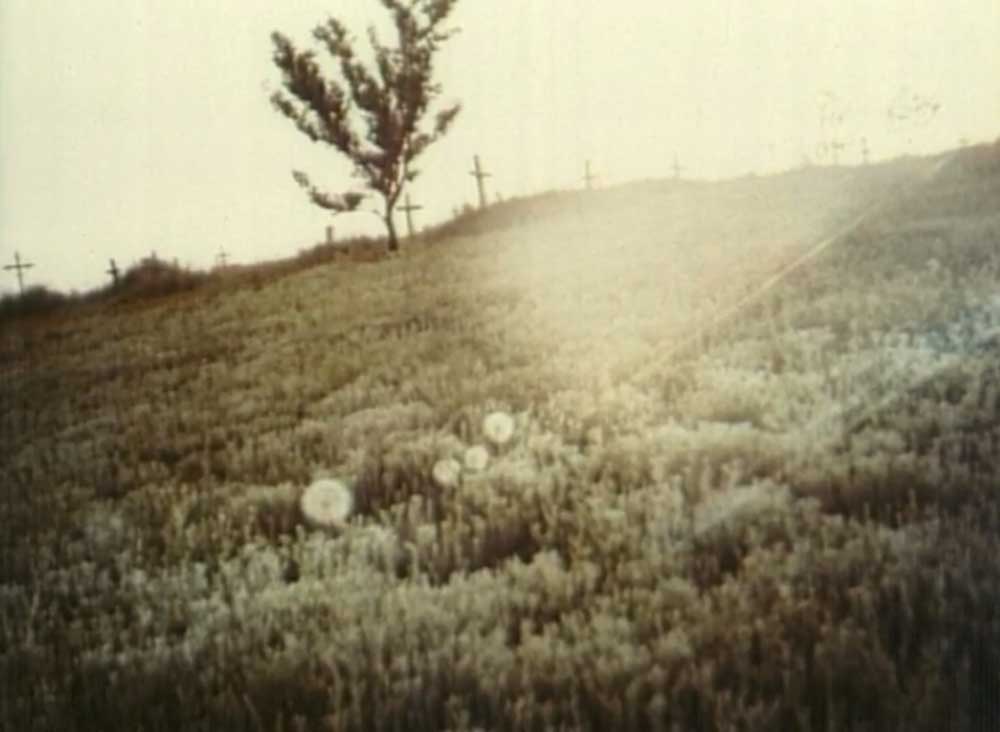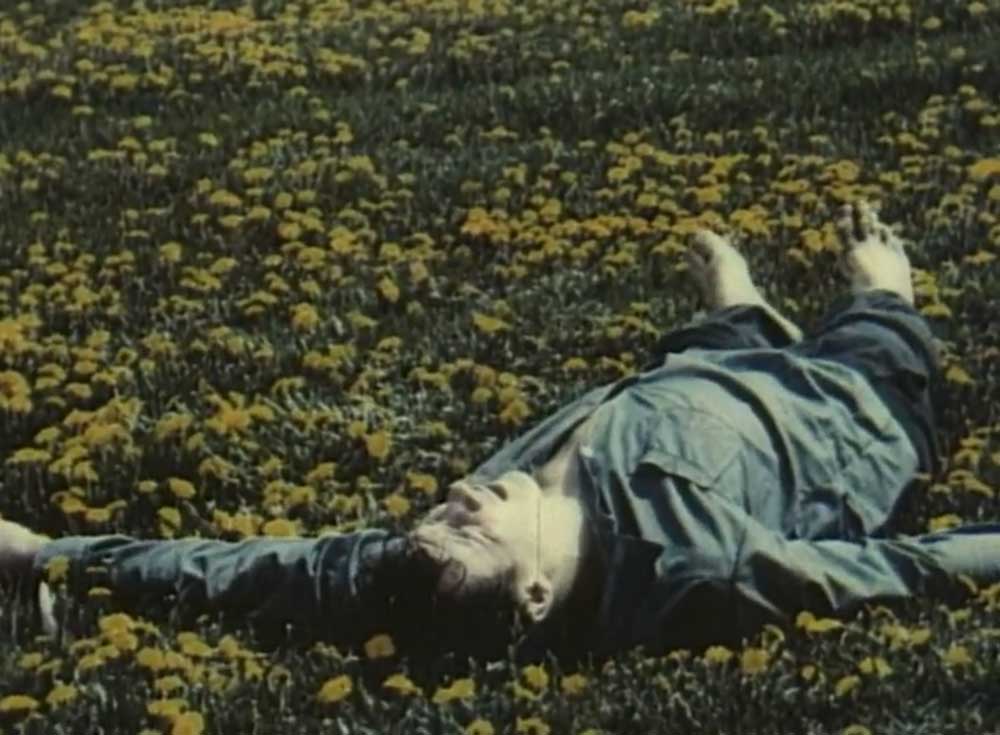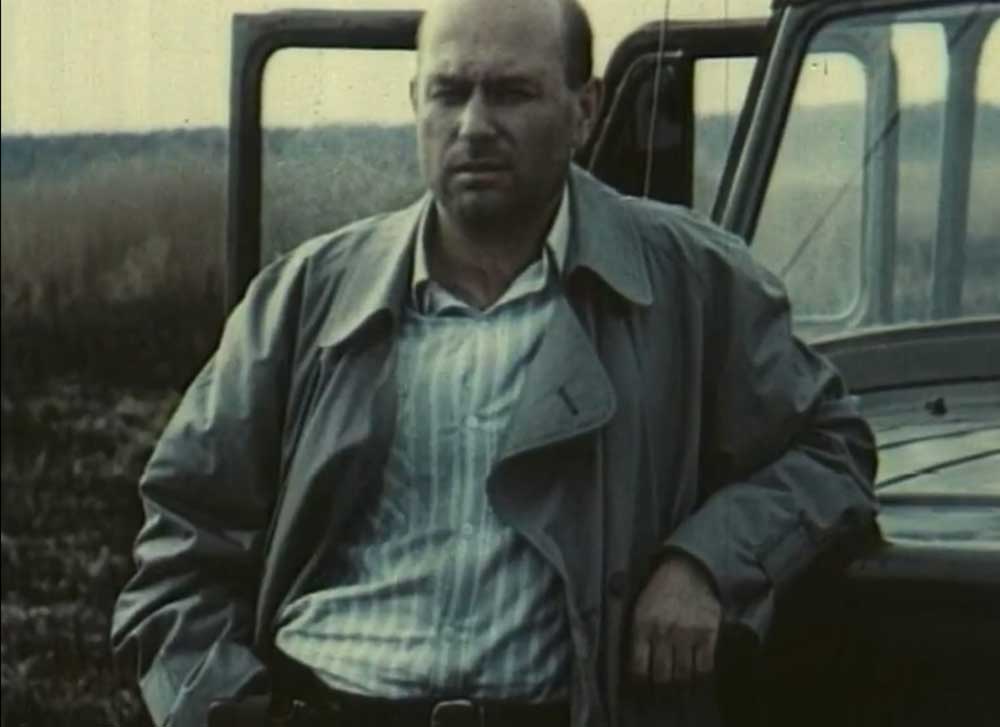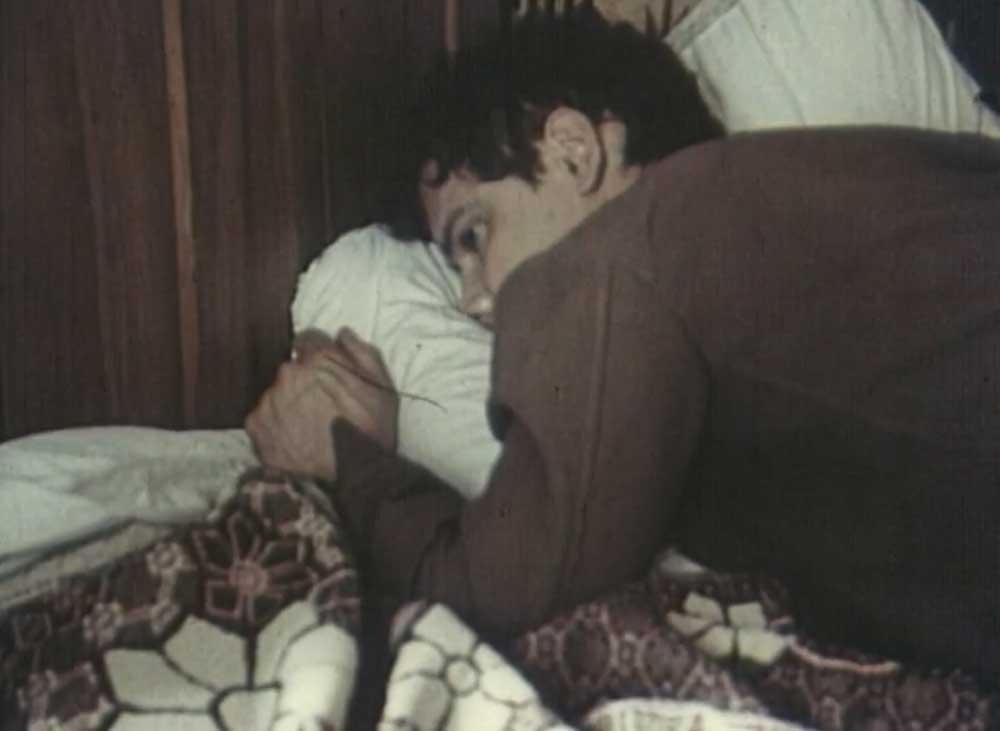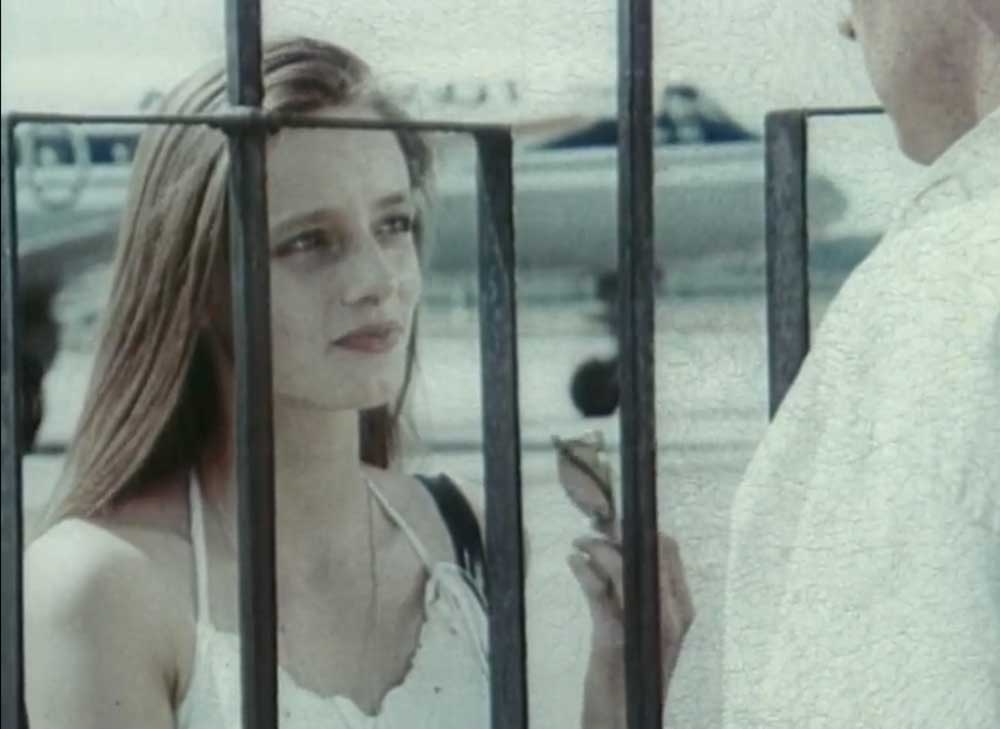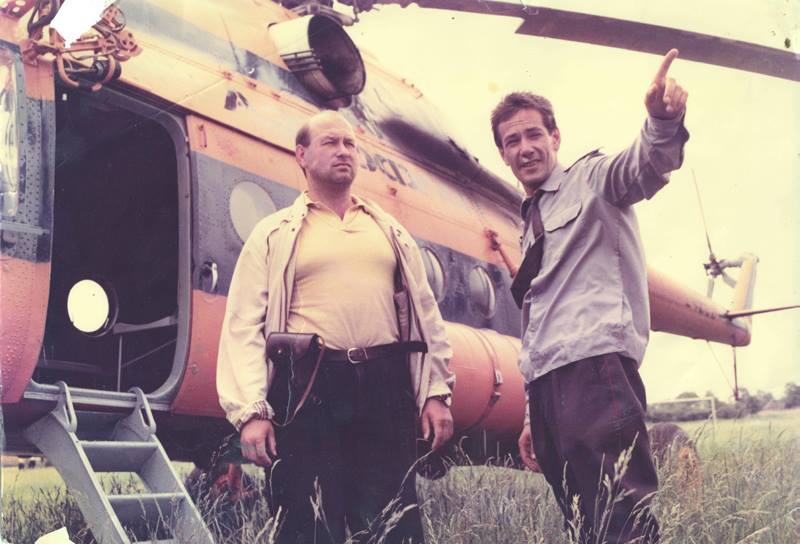
Dandelion Blossom / Tsvitinnia kulbaby
1992
Ukraine
Oleksandr Dovzhenko Film Studio, Zemlia
73 mib
Oleksandr Ihnatusha
Oleh Martiian, Oleksandr Ihnatusha
Vadym Illienko
Aleksandr Mironov, Liha Harnaka, Anatolii Diachenko, Oleksii Horbunov, Arsenii Tymoshenko, Boris Molodan, Bohdan Lysenko, Viktor Stepanenko, Oleksandr Bondarenko, Anna Sumska
A young man named Yuras, after serving eight years for disorderly conduct, is released from prison. He finds himself back in his hometown, now in an independent Ukraine, where the unvarying voice of the first president can be heard from the radio, promising Ukrainians the right to a decent life, while the youth in the clubs are dancing to “non-Russian, independent rock ‘n’ roll.” The young man tries to fit into the new world, even starting a relationship with a Latvian girl from Moscow. The air is filled with the scent of freedom and international connections. However, his dreams and hopes for a new life are shattered by the police, which operates like a well-tuned repressive mechanism.
In the cinema of the early 1990s, release from behind bars often serves as a metaphor for liberation from the “prison of nations” that was the USSR. It is telling that the main character speaks Ukrainian. The film legitimizes the living language of the residents of central Ukraine — Surzhyk, spoken by most of the characters. Meanwhile, all representatives of the law-enforcement agency speak in pointedly proper Russian, emphasizing their exclusive status and authority. The protagonist’s brother, who is on a military mission in Lithuania suppressing unrest and fighting “fascists,” also writes letters to their mother in Russian.
The film makes one of the first attempts to depict the Ukrainian village as it is, without romanticism and mystification, yet with traditional rituals and holidays. The eclectic calendar of the villagers now includes a new holiday — Independence Day, which they celebrate as solemnly as Victory Day, Easter, and Hrobky, traditional in Ukraine memorial days.
The soundtrack to the film features songs by the cult band Rutenia, which was prominent in the late 1980s to early 1990s and received recognition at the first Chervona Ruta Festival in 1989.
